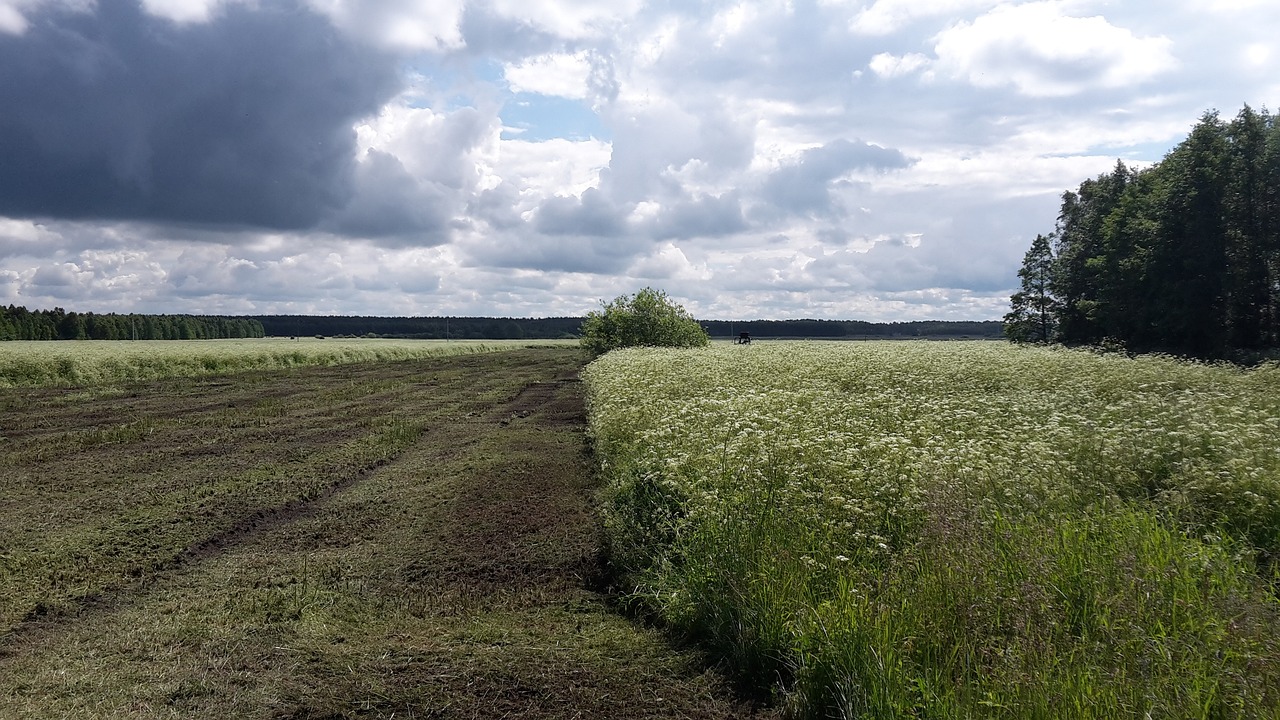Lithuania Video:
Introduction
Lithuania is a beautiful country located in the Baltic region of Europe. Known for its rich history, stunning landscapes, and vibrant culture, Lithuania has become an attractive destination for both tourists and professionals seeking employment opportunities. If you’re planning to work in Lithuania, it’s essential to understand how to manage your finances and payments effectively. This article will guide you through various aspects of managing finances while working in Lithuania, including banking services, tax obligations, cost of living, and more.
Banking Services
When working in Lithuania, it’s crucial to have a bank account to manage your finances efficiently. The country offers a wide range of banking services, including local and international banks. Some popular banks in Lithuania include Swedbank, SEB Bank, and Luminor Bank.
- Opening a Bank Account: To open a bank account in Lithuania, you will need your passport or identification card, proof of address, and a valid Lithuanian residence permit or visa.
- Types of Bank Accounts: Lithuanian banks offer various types of bank accounts, such as current accounts, savings accounts, and foreign currency accounts. Choose the one that suits your needs.
- Online Banking: Most banks in Lithuania provide online banking services, allowing you to manage your finances conveniently from anywhere in the world.
- ATMs and Payment Cards: ATMs are widely available in Lithuania, and major credit and debit cards are widely accepted. It’s advisable to notify your bank before traveling to Lithuania to avoid any issues with card transactions.
Tax Obligations
Understanding your tax obligations is essential when working in Lithuania. Here are some key points to consider:
- Personal Income Tax: In Lithuania, personal income tax is progressive and ranges from 20% to 32%. The tax rate depends on your annual income.
- Tax Residency: If you reside in Lithuania for more than 183 days in a year, you are considered a tax resident and must report your worldwide income.
- Social Security Contributions: As an employee, you are required to contribute to social security. The contributions cover healthcare, pensions, and other social benefits.
- Tax Return: If you have multiple sources of income or are eligible for deductions, you may need to file an annual tax return. It’s advisable to seek assistance from a tax advisor or accountant to ensure compliance.
Cost of Living
Managing your finances effectively also involves understanding the cost of living in Lithuania. Here are some aspects to consider:
- Housing: The cost of housing varies depending on the city and location. Vilnius, the capital city, generally has higher rental prices compared to other cities. Consider factors such as proximity to work and amenities when choosing accommodation.
- Transportation: Public transportation in Lithuania is affordable and well-developed. Consider purchasing a monthly public transportation pass to save on commuting costs.
- Groceries and Dining: The cost of groceries and dining out in Lithuania is relatively affordable compared to other European countries. Explore local markets and eateries for cost-effective options.
- Utilities: Utilities such as electricity, water, and internet services are reasonably priced in Lithuania. However, usage patterns and the size of your accommodation will impact the overall cost.
Insurance
Having appropriate insurance coverage is essential for your financial security while working in Lithuania. Consider the following:
- Health Insurance: If you are an EU citizen, you can access healthcare services in Lithuania through the European Health Insurance Card (EHIC). Non-EU citizens should obtain private health insurance.
- Liability Insurance: Depending on your profession, liability insurance may be required. It provides coverage in case of any damages or accidents caused during work.
- Property Insurance: If you rent or own a property in Lithuania, consider obtaining property insurance to protect against theft, damage, or other unforeseen events.
Retirement Planning
Planning for retirement is crucial to ensure financial stability in the long run. Consider the following:
- Pension System: Lithuania operates a three-tier pension system, including a state pension, mandatory occupational pension, and voluntary pension funds. Familiarize yourself with the system and consider contributing to additional pension funds.
- Private Pension Plans: If you want to supplement your state pension, consider exploring private pension plans offered by banks and insurance companies.
- Investment Opportunities: Consider investing in long-term savings or investment plans to grow your retirement fund. Consult with a financial advisor to determine the best investment options for your goals.
Managing Debt
If you have existing debts or plan to take loans while working in Lithuania, it’s important to manage them effectively. Consider the following:
- Interest Rates: Compare interest rates offered by different financial institutions before taking any loans. Choose the option with the most favorable terms.
- Repayment Plan: Create a realistic repayment plan and ensure you adhere to it. Prioritize high-interest debts and consider making extra payments whenever possible.
- Financial Counseling: If you’re struggling with debt, seek assistance from financial counseling services available in Lithuania. They can provide guidance on debt management and budgeting.
Investment Opportunities
Exploring investment opportunities can help you grow your wealth while working in Lithuania. Consider the following:
- Stock Market: Lithuania has a stock exchange where you can invest in publicly traded companies. Research and understand the risks involved before investing.
- Real Estate: The real estate market in Lithuania offers investment opportunities, with potential for rental income or property appreciation. Conduct thorough research and seek professional advice before making any real estate investments.
- Business Ventures: If you have an entrepreneurial spirit, consider starting a business in Lithuania. Assess market opportunities and seek professional guidance to ensure a successful venture.
Financial Assistance Programs
If you require financial assistance while working in Lithuania, there are various programs available. Consider the following:
- Social Benefits: Lithuania provides social benefits to eligible individuals, including unemployment benefits, family allowances, and housing benefits. Familiarize yourself with the eligibility criteria and application process.
- EU Funding: Lithuania receives funding from the European Union for various projects and initiatives. Explore EU funding opportunities if you plan to start a business or engage in research and development activities.
Conclusion
Managing finances and payments while working in Lithuania is crucial for a successful and fulfilling experience. By understanding the banking services, tax obligations, cost of living, insurance options, retirement planning, debt management, investment opportunities, and financial assistance programs available, you can navigate the financial landscape with confidence. Remember to seek professional advice when necessary and make informed decisions to secure your financial well-being.
Lithuania Image 1:

Lithuania Image 2:

Lithuania Image 3:

References
- Swedbank: www.swedbank.lt
- SEB Bank: www.seb.lt
- Luminor Bank: www.luminor.lt
- Tax Department of the Republic of Lithuania: www.vmi.lt
- European Health Insurance Card: ec.europa.eu
- Nasdaq Vilnius Stock Exchange: nasdaqbaltic.com
- Invest Lithuania: www.investlithuania.com
- European Structural and Investment Funds in Lithuania: www.esinvesticijos.lt


